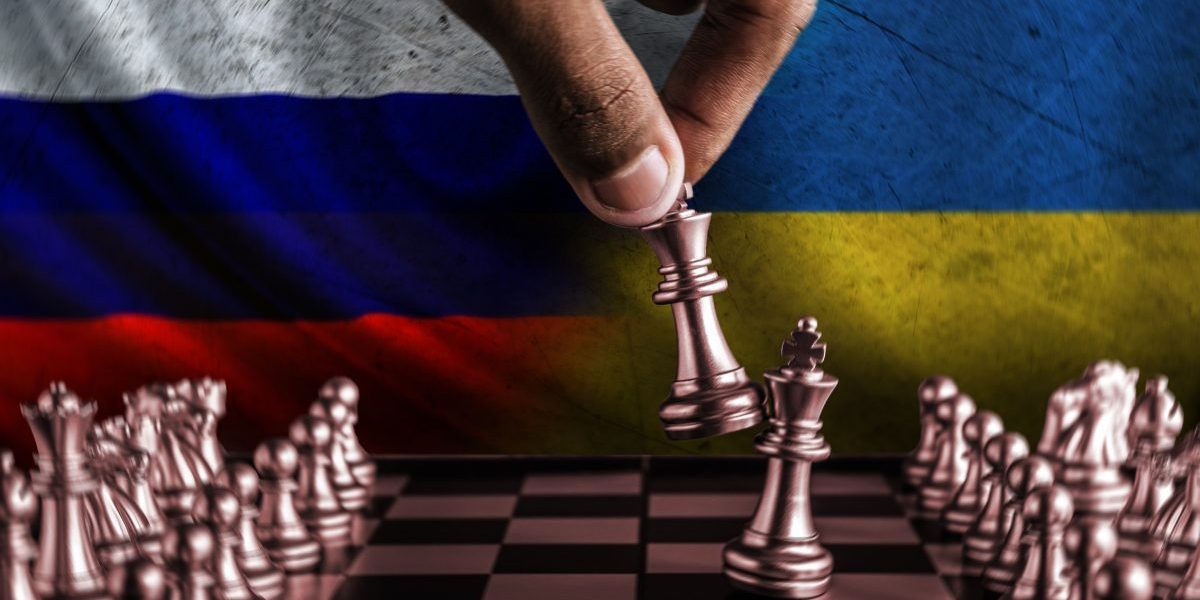The Russian invasion of Ukraine has had profound effects far beyond Europe. Africa has seen sharp price increases in fuel, fertilizer, and food that have raised the cost of living and worsened food insecurity, poverty, and social instability. According to UN Conference on Trade and Development, some fifty-eight million people living just above the poverty line in Africa are at risk of sliding into poverty due to the combined effects of the pandemic and the war. Millions cannot pay for electricity.
Beyond economics, however, the conflict has shaken global governance. It has hastened efforts among non-Western major powers to create alternative systems, for example, in currencies and electronic payments. It has posed diplomatic challenges and opportunities for Africa’s leaders.
Animosity toward the West, partly rooted in its perceived double standards in its invasions of Afghanistan, Iraq, and Libya has sometimes led to blind support for Russia. Russia’s arguments blaming NATO for this conflict, anticolonial credentials, and rhetoric supporting a multipolar, more equitable world, have resonated among African elites. Russian disinformation campaigns have exacerbated societal fissures.
African countries have not reacted well to Western pressure to condemn Russia. Their voting records in the UN General Assembly show the continent’s deep divisions. South Africa has declared a nonalignment position yet plans to conduct naval exercises with China and Russia later this month, bringing this neutrality into serious question. The irony of a continent established on the sanctity of borders supporting the violation of Ukraine’s boundaries is sharp.
Africa, however, has taken action. A senior African Union delegation traveled to Russia in June 2022 to seek safe passage for Ukrainian grain shipments. These talks paved the way for the Black Sea Grain Initiative between Russia and Ukraine, brokered by Turkey and the United Nations. Africa gets too little credit for this rare diplomatic win. Generally, the West is not especially interested in hearing the views of the developing world on this war.
The conflict does not appear ripe for resolution; both sides still believe they can win on the battlefield. Neither wants to appear weak. The fighting is expected to rise in intensity as winter recedes. But every conflict ends in some sort of negotiated settlement based on sincere dialogue. Even though South Africa and Global South states are pushing this principle, they could be naïve in thinking that talks at this point can resolve this brutal war.
This article was first published in the Council of Councils.








